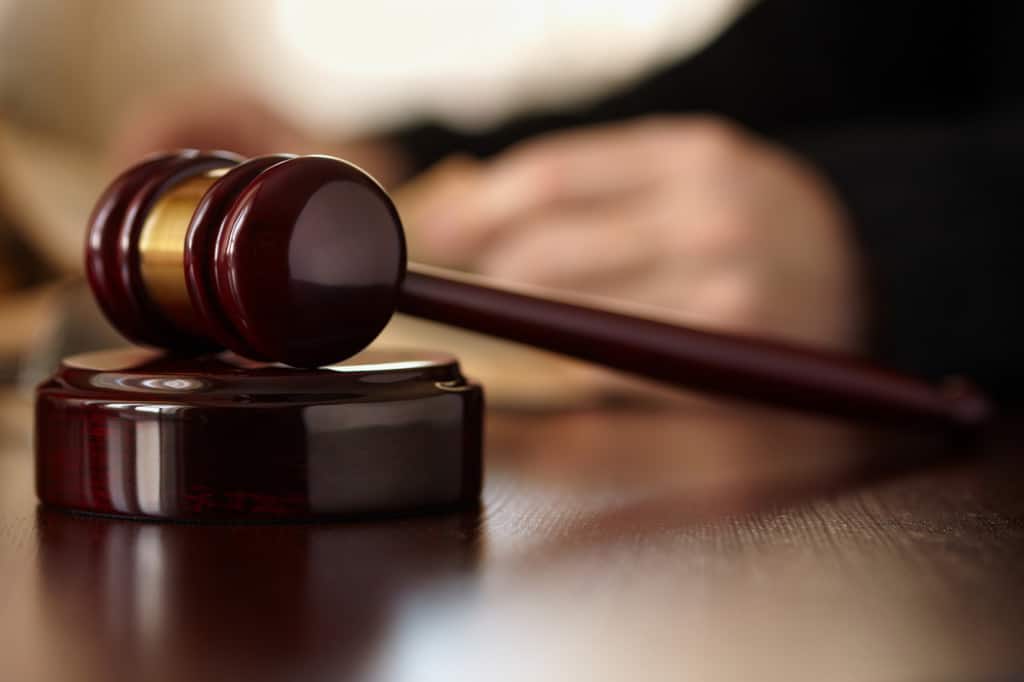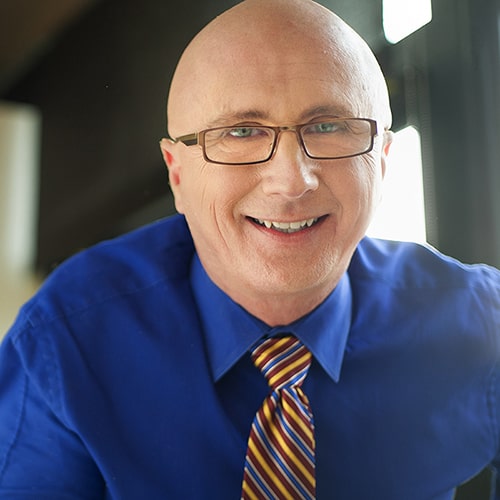6 years ago the minister of my church asked me a question that had a big effect on my law practice. He asked “What do you have faith in?” I asked him: “Do you mean about God?“ He said he was not asking about God, the bible or anything religious. He continued “We have faith about everything in our lives, about who we are, who our children and significant others are, about every aspect of our lives. And, whether we are conscious of them or not, these beliefs shape and form our understanding of life.”
As I rolled his question around in my mind, it got me thinking about work. What do I have faith in about the people I work with, my clients, and my work? Faith is an interesting word. It’s commonly used in a religious setting or when someone has been unfaithful. Regardless if one is Christian, Muslim, atheist or agnostic we all live according to our own faith: a set of beliefs that come from innumerable sources.
Our faith is really the construct through which we see the world. We often don’t see it operating. We take how we understand someone or something as a fact because it’s how we see it. It’s just how it is. Yet under the surface faith, our beliefs, is constantly shaping our experience. It’s not so much changing the person or thing we are looking at as it is changing how we are experiencing it — which turns out to be about the same thing.
This faith operating system is powerfully ever-present, and yet often invisible in how it’s shaping the way I see and experience my practice of law. The better I understand my faith operating system about work, the more I realize which beliefs are consistent and which are inconsistent with what I want work to be and what I know it can be for me.
What is your faith about work?






I don’t accept the premise that we all have faith, because I think the best definition of faith is “unquestioning acceptance.”. A set of beliefs, no matter how strongly held, is not faith.
I understand exactly what you are saying- that was part of my initial thought as well. The word faith can be very emotionally charged. Having a minister use the word faith not in the standard absolute way brought a new and broader meaning of the word for me. The connotation and denotation of the word faith is fascinating.
Interesting thoughts, Jim and John. My still developing understanding of “faith” is different from John’s. I think “faith” is better understood as a verb than an noun. For me it’s more a process than a possession. Kierkagaard famously wrote about the existential “leap of faith.” Leap seems right. Not being sure of the way, but going forward none-the-less. Paul Tillich said doubt isn’t the opposite of faith, but a necessary element. I like that. I often have doubts about things I was once sure of.
I also think faith has to have a object. It’s not just wishful thinking and “you just gotta believe!” rah rah chants. It has to be anchored to or point toward an object.
The question you pose deserves more thought. Thanks.
I’ve always loved the phrase “leap of faith”. For me as well it suggest doubt or some degree of uncertainty or unknowing, which is at the heart of the word faith. As one’s knowing expands or changes it can have effect how we understand our “faith”- which is seldom a bad thing.
I tend more toward an empirical approach to faith, always attempting to divest myself of the mythological, except as metaphor. As H.L. Mencken observed, “For any complex problem, there is solution that is simple, neat, and wrong.” The short paraphrase of contemporary epistemology is that our conscious minds entertain everything within the most remote shadows of a Burning Man fire; with the rest of it in abject darkness, and relatively about the size of Australia. This instantiates to nearly incomprehensible bits of data processed constantly, all of which interact with all others, forming and informing my objectives. How these doings come out in my law practice is often simply a study in frustration; but an exercise in reaching ordinary notions of objective fairness and substantial justice for my clients, without falling into the black holes in due process. Call this what you will; it is also who I am; my raison d’etre.
I tend to use the term faith to describe an expectation that one would have about others. I’ve been accused of having too much faith that people stand by their word or their actions. This plays a huge part in the practice of law… do I believe my clients, do I believe opposing counsel, etc.
I’ve punished myself on occasion for having too much faith in others. At the same time, knowing that I have been burned in the past, do I really want to live life doubting everything that people say or do. This is something that I struggle with. Wondering if others do as well.
Faith to me means identifying the pariah, the sick, the imprisoned, and then standing by that person. Criminal defense lends itself to this pretty easily. Of course this is straight out of Matthew 25, but I’ve got a FreeThought version from Kurt Vonnegut that I love too:
‘I am a 4th-generation German-American religious skeptic (“Freethinker”). Like my essentially puritanical forebears, I believe that God has so far been unknowable and hence unservable, hence the highest service one can perform is to his or her community, whose needs are quite evident. I believe that virtuous behavior is trivialized by carrot-and-stick schemes, such as promises of highly improbable rewards or punishments in an improbable afterlife.’
I like Jim’s point that faith informs world view, and our work. For me, doubt is an important part of faith. I don’t want an arrogant, unyielding form of faith. I want it riddled with questions and second-thoughts.
I love the Kurt Vonnegut quote almost as much as yours “I don’t want an arrogant, unyielding form of faith. I want it riddled with questions and second-thoughts.” Thanks Rich. I’m looking forward to seeing you The Lawyer’s Compass Meeting on Thursday.